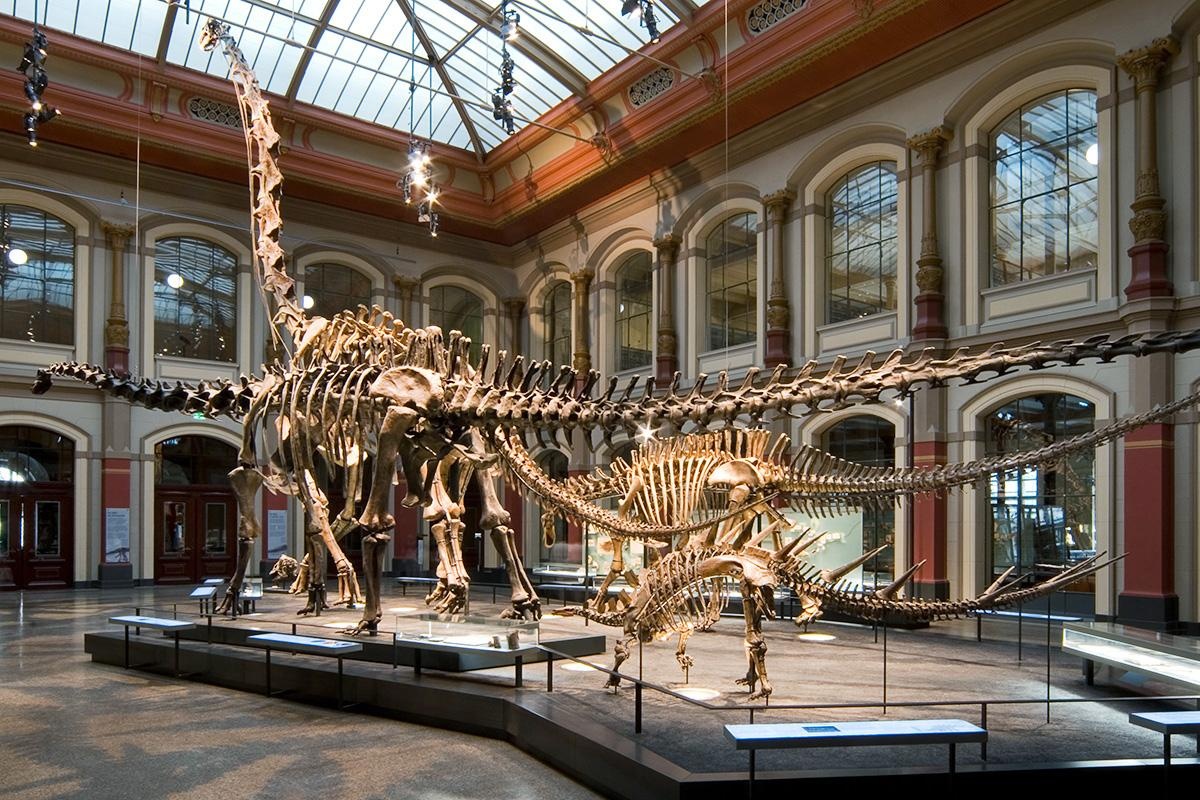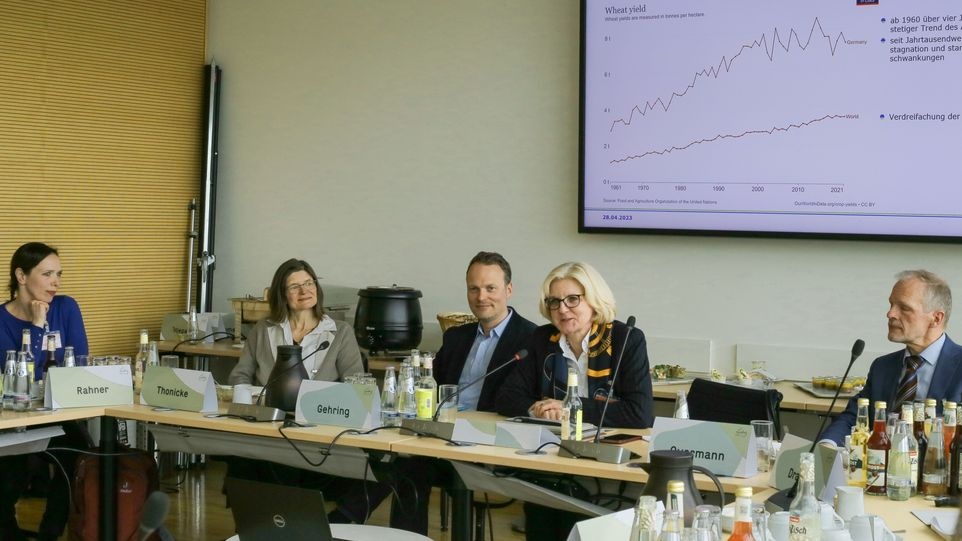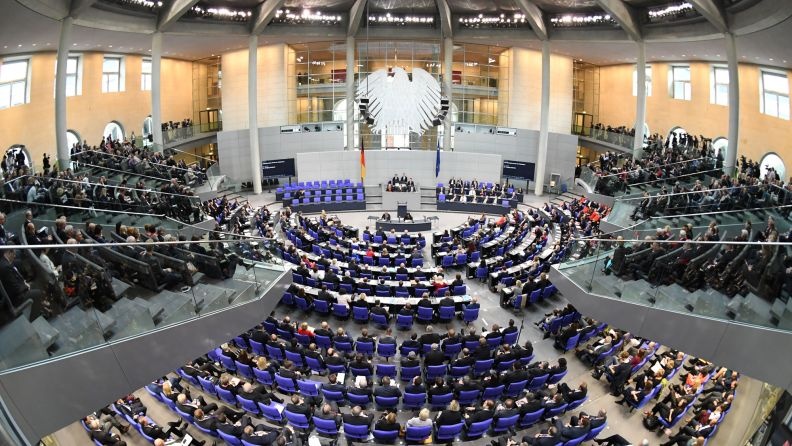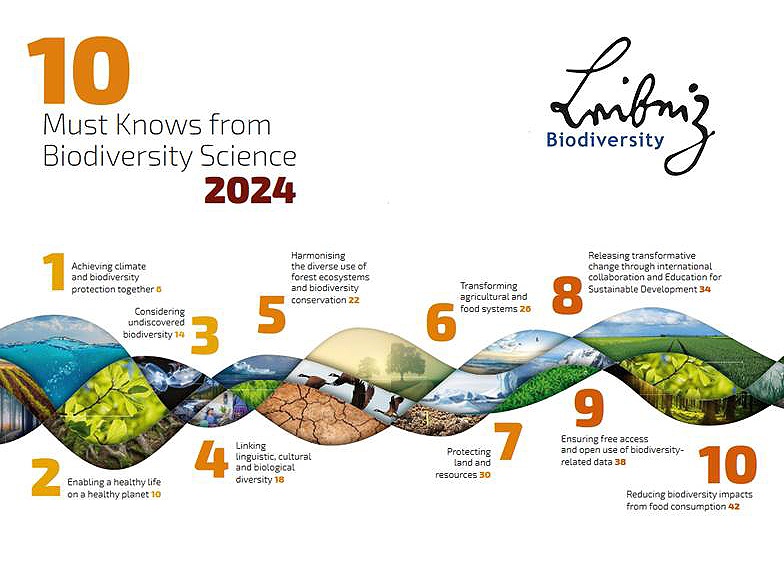
Who we are
The Leibniz Research Network Biodiversity combines the expertise of 18 Leibniz institutions in the environmental, social, life, spatial and economic sciences as well as the humanities to develop sustainable solutions. The scientific network and its members are equally committed to scientific excellence and the transfer of biodiversity information for policy makers and the wider society. It offers reflection spaces, analyses and advice to raise social awareness of the progressive loss of biodiversity and to strengthen the appreciation of biodiversity in society.
Biodiversity research now spans all Research Domains at PIK. It plays a growing role in modelling agri-ecological systems, land-use change and transitions from forests to grasslands. Species distribution modelling focuses on key individual species, while biodiversity is increasingly integrated into policy and economic analyses to help safeguard the climate and nature’s contributions to people.
What we do
In March 2022 Leibniz Biodiversity published the 10 Must Knows from Biodiversity Science 2022 (10MustKnows22), a policy report written by 45 scientists from Leibniz Biodiversity and other research partners. From PIK, Dr Kirsten Thonicke, Dr Christopher Reyer, and Eva Rahner contributed as lead authors. The 10MustKnows22 deal with the Earth's complex systems by highlighting ten key areas which are inextricably linked to the others. The report presents facts about biodiversity in a well-founded and generally intelligible way and shows ways to stop the continued loss of species diversity and ecosystems to promote biodiversity. From this, recommendations for action in politics and society are presented. The underlying aim is to provide policy makers and society with scientifically validated assessments of the latest biodiversity knowledge to facilitate improved policy decisions and actions at local, regional, national and global levels, in order to conserve the diversity of life.
In the follow-up of the 10MustKnows22, Leibniz Biodiversity composed a written statement about the necessity for long-term climate and biodiversity protection in German and European agriculture. Further statements on the German Future Strategy for Research and Innovation (2022) and the German Biodiversity Strategy 2030 (2023) followed.
Website:
Leibniz Research Network Biodiversity
Leibniz Biodiversity team @ PIK:
Speaker: PD Dr Kirsten Thonicke
Scientific Coordinator: Eva Rahner
Newsletter
Sign up for our quarterly newsletter to keep up to date with the latest news from Leibniz Biodiversity or have a look at our previous editions here.
Publications
Contact:
Leibniz Research Network Biodiversity, c/o Potsdam Institute for Climate Impact Research, Telegraphenberg A62, 14473 Potsdam, Germany
T +49 (0)331 288 2631
Email: info@leibniz-biodiversitaet.de










